For 25 years, OUT has celebrated queer culture. To mark our silver jubilee, we look back at some of the biggest, brightest moments of the past 9,131 days.
In the early aughts, America had a national nervous breakdown over the metrosexual. It seems ridiculous now, and actually it was pretty ridiculous at the time, but it's simply an objective fact that the United States went completely berserk over my insufferably pretty offspring with the really great, hydrated skin. Not since the Beatles had a British import caused so much hysteria--and so much moral panic.
In 2003--only a year or so after I'd introduced the term to the U.S. in an essay for Salon that went viral--"metrosexual" was proclaimed "Word of the Year" by the American Dialect Society. That same year the network animated series South Park devoted a whole episode to him, called "South Park Is Gay!" All the straight men in South Park had turned "metrosexual" (which here seemed to mean "effeminate"). The "Fab Five" swishy gay male grooming and lifestyle experts from Queer Eye for the Straight Guy--that year's new, smash-hit makeover show--were blamed for the epidemic of preening and were killed by the men's angry wives, who explained that men need to be masculine.
In fact, this disturbingly silly cartoon spoof turned out to be a fairly accurate representation of how America ended up reacting in real life.
The uptake of "gay" male beauty concerns, and the "feminine" wish to be desirable by men in general, was something well underway by the 2000s--without an intervention from the Fab Five. In hindsight, I wonder how many of the straight men in New York whom the Fab Five rescued from unkempt ugliness and TV dinners were in fact just slumming it for the sake of a free facial, a little product, and lots of attention. From where I stood, Queer Eye for the Straight Guy, which was often described as the "metrosexual reality TV show," had a typo in the title. It should have been Queer Eye of the Straight Guy.
Queer Eye was entertaining, mostly safe fun precisely because it restated the already blurring boundaries in a reassuring way: Straight men were hopeless and gay men were fabulous. And the queer eye belonged to the queers. Despite this, Queer Eye still managed to outrage many at the time.
My own definition of the metrosexual from my Salon essay had been carefully inflammatory about the sexual ambiguity of the metrosexual: "He might be officially gay, straight, or bisexual, but this is utterly immaterial because he has clearly taken himself as his own love object and pleasure as his sexual preference."
Of course the U.S. marketers who tried to appropriate--and spay--the metrosexual vehemently insisted that he was always straight. And never vain. No one really bought this. His ambiguity and out-and-proud vanity was the only reason anyone was interested in him.
And it's also why America, which really wasn't ready to face up to this stuff back then, ended up having a full-blown backlash against metrosexuality by 2006. The media got excited about "machosexuals" and a "menaissance," and lots of books with annoying, anal lists of "manly" dos and don'ts were published. Metrosexuality continued to conquer the world, but in the U.S. it was no longer polite to mention it. As the South Park wives/writers put it in 2003: Men need to be masculine! All of which was far more camp than the metrosexual ever was.
Queer Eye itself was axed in 2007--the same year that the legendary TV drama Mad Men premiered. But the star of the show, and the apple of the camera's eye, the very dapper Don Draper (Jon Hamm), was essentially a late-aughts metrosexual daydream of what a 1960s retrosexual looked like.
Either way, he certainly didn't need the Fab Five to pick out his shirts.


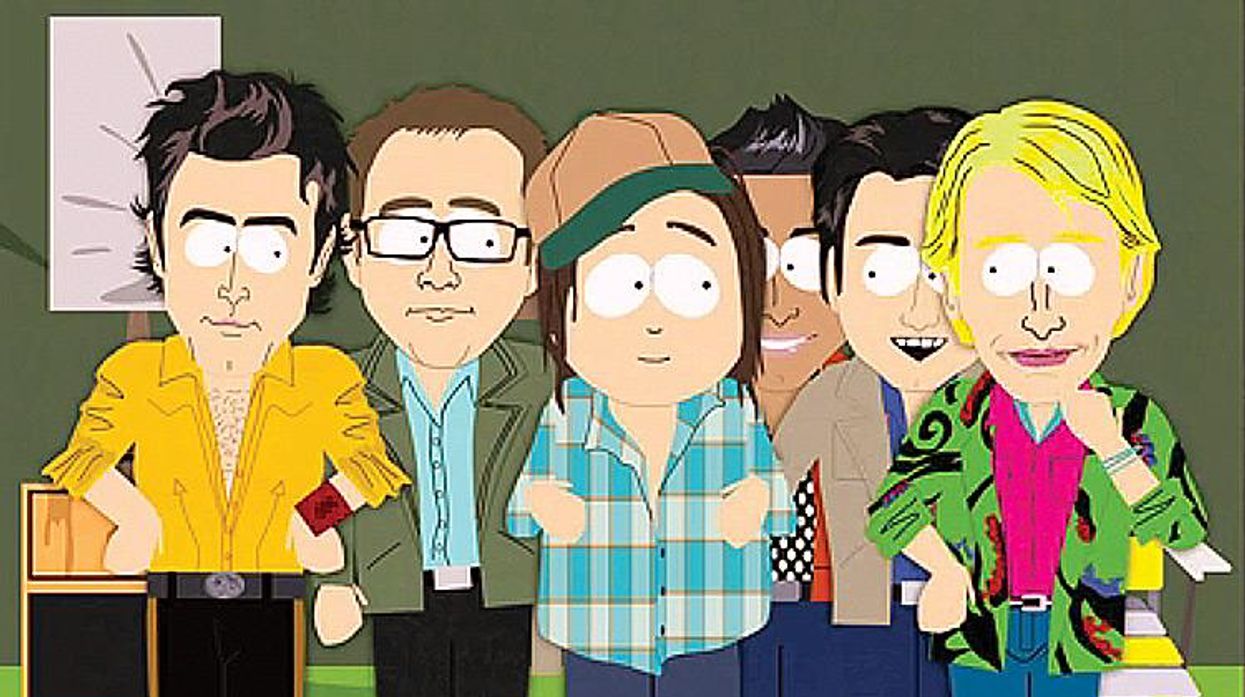


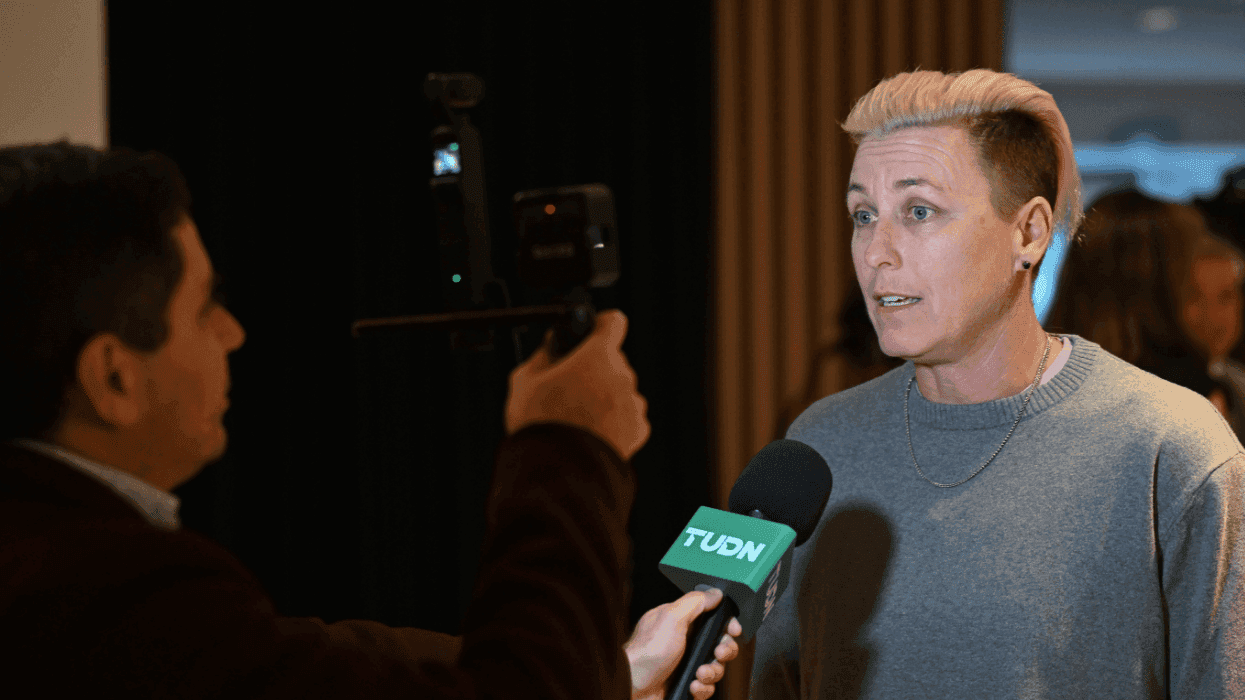

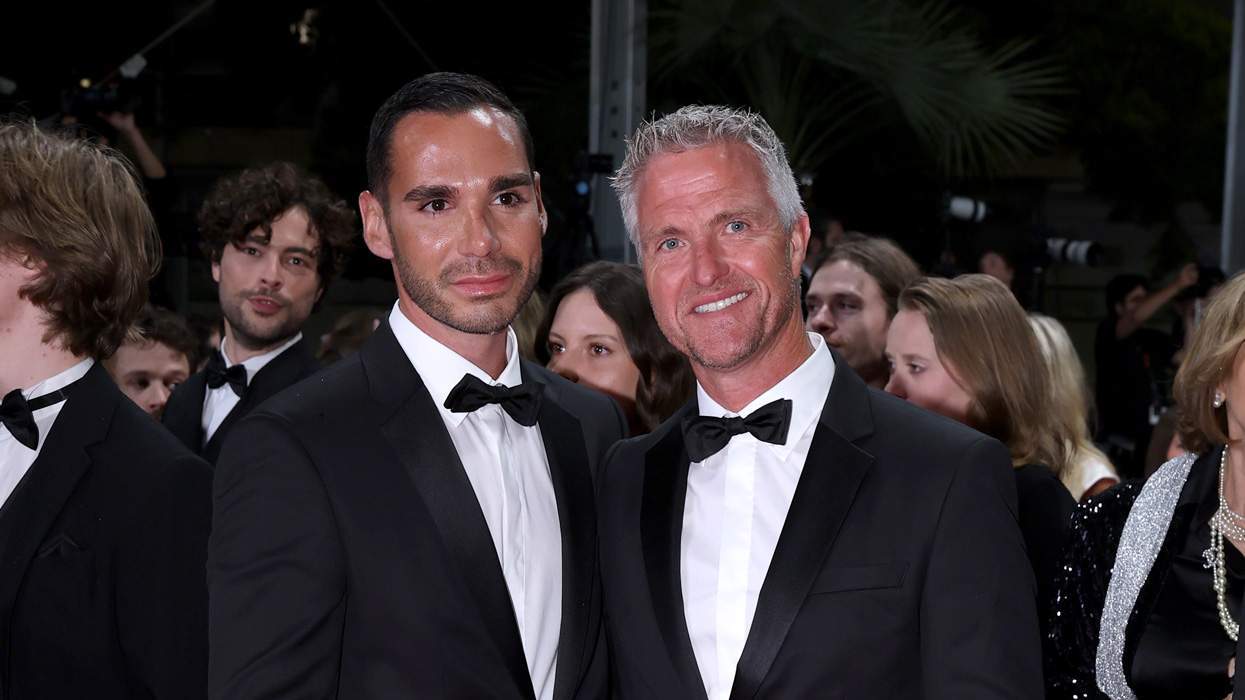
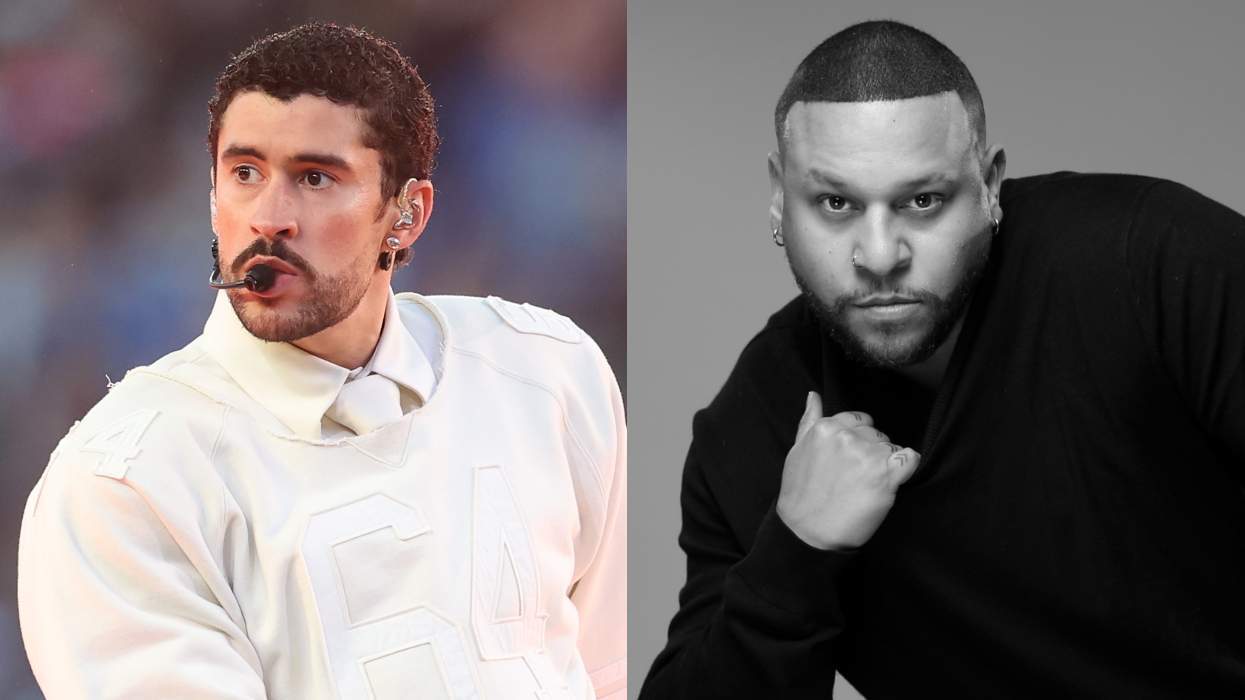
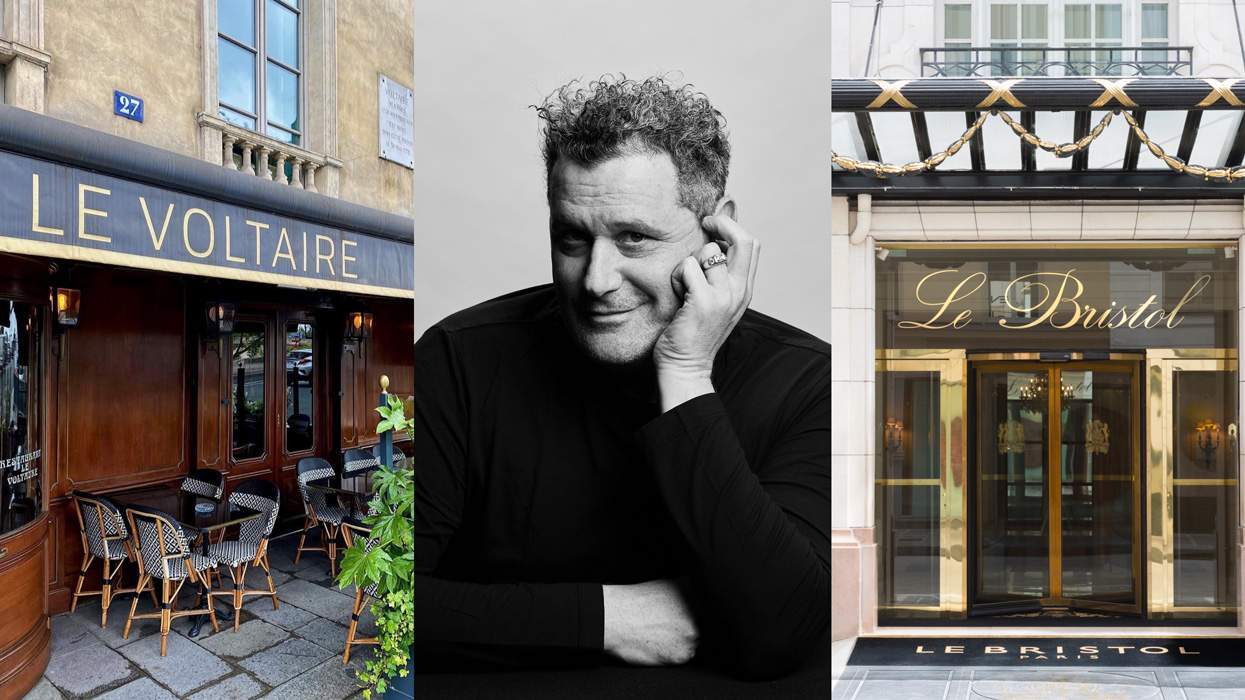

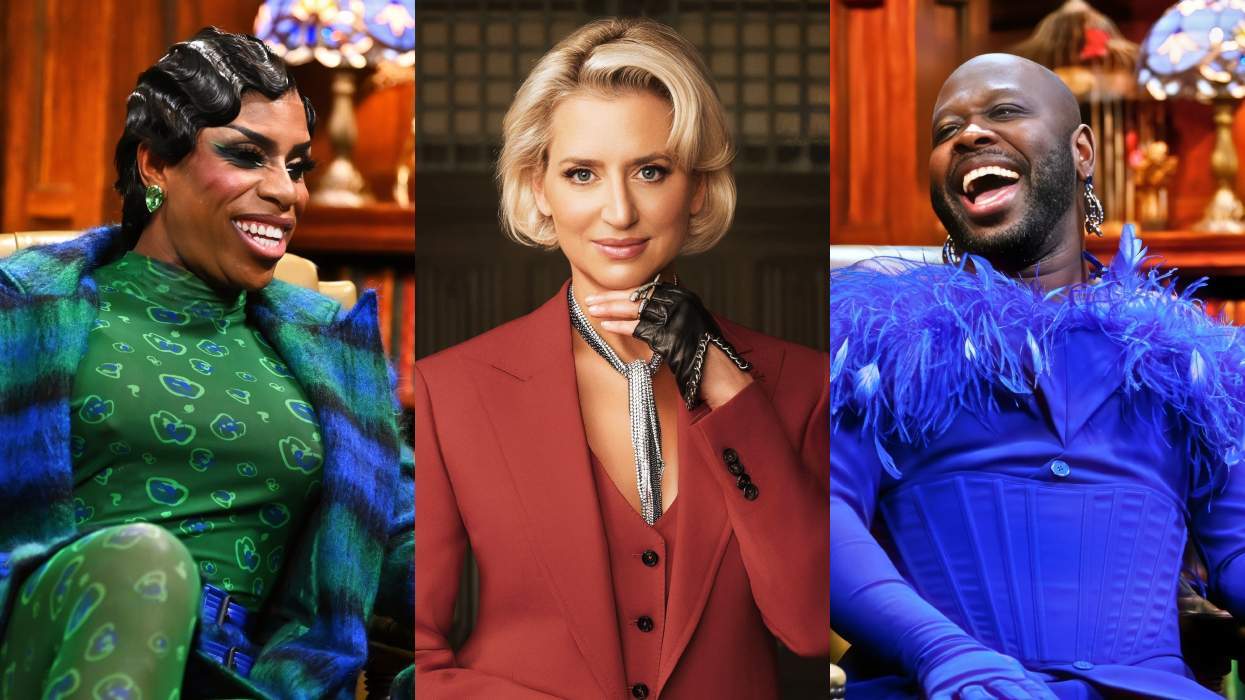







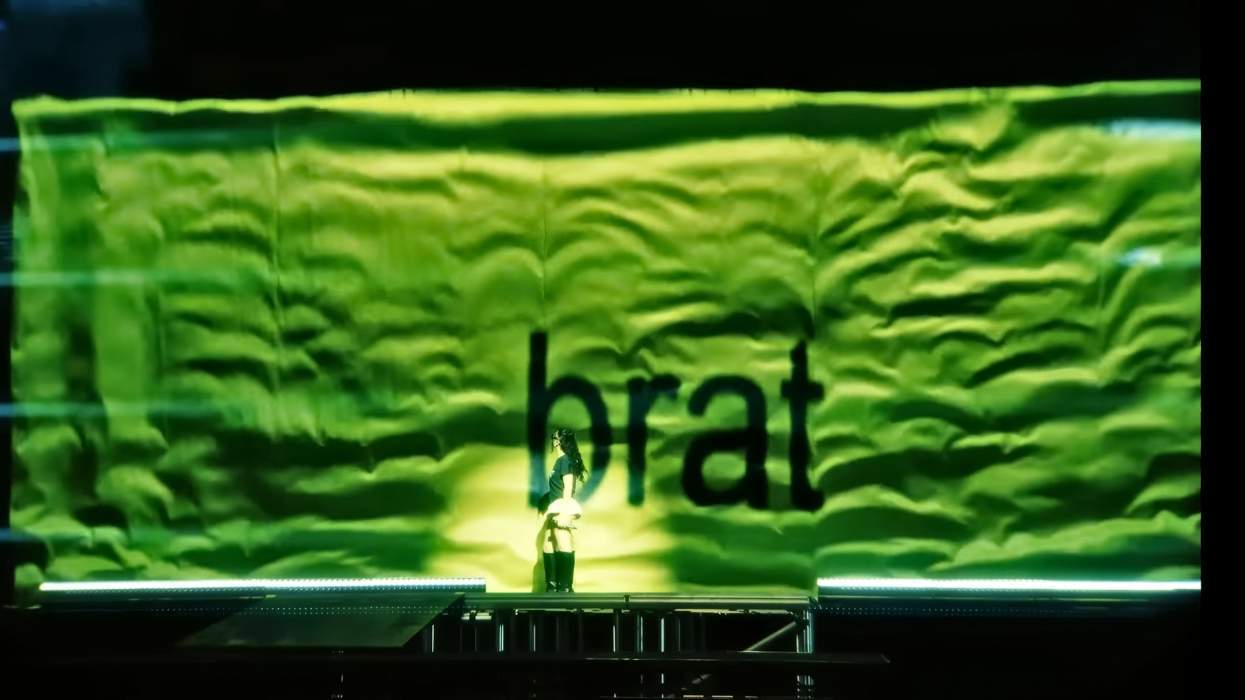

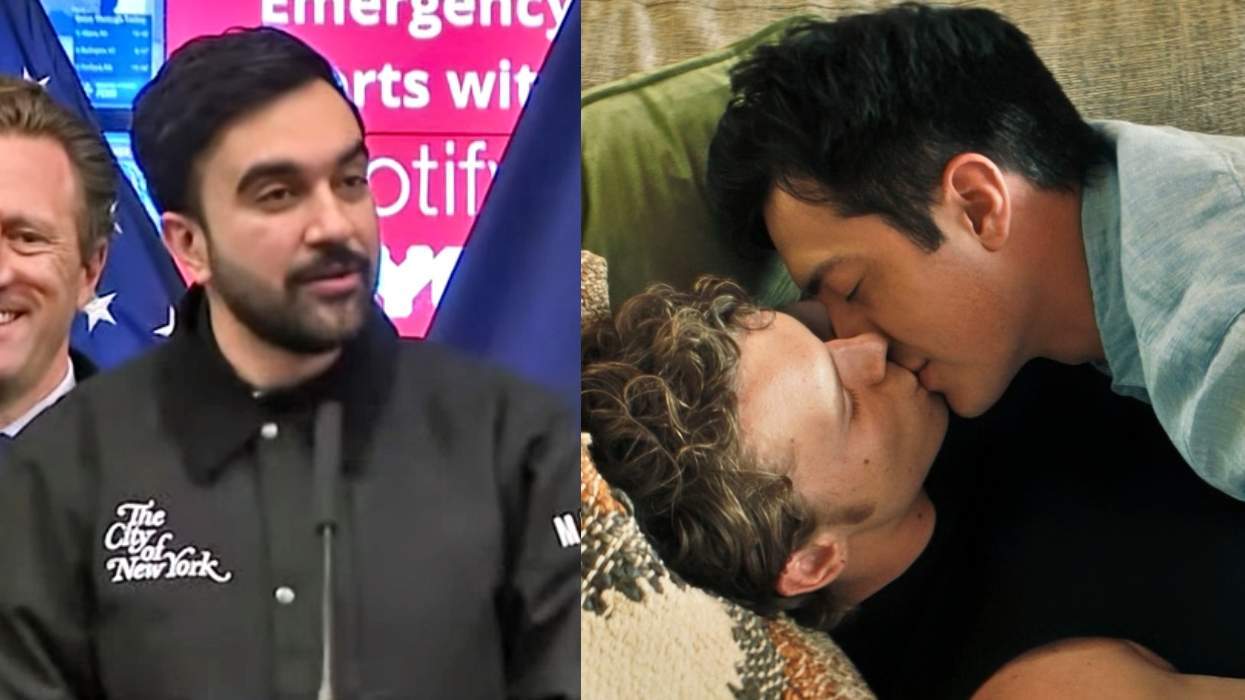
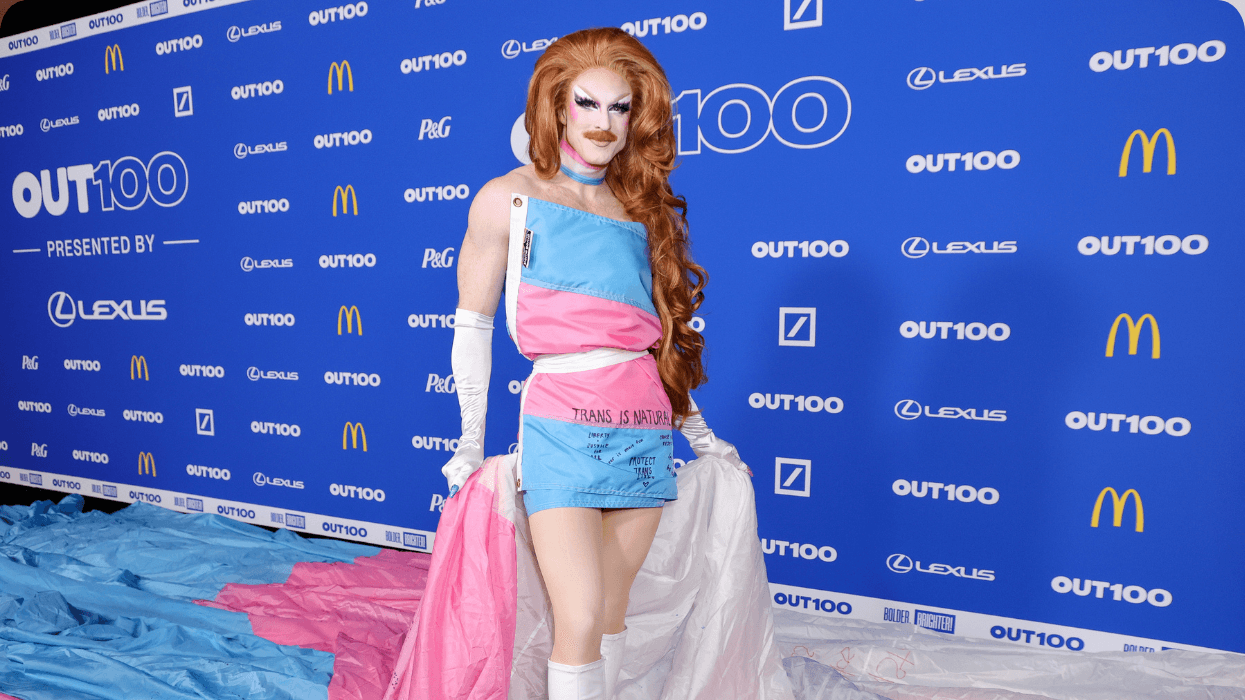
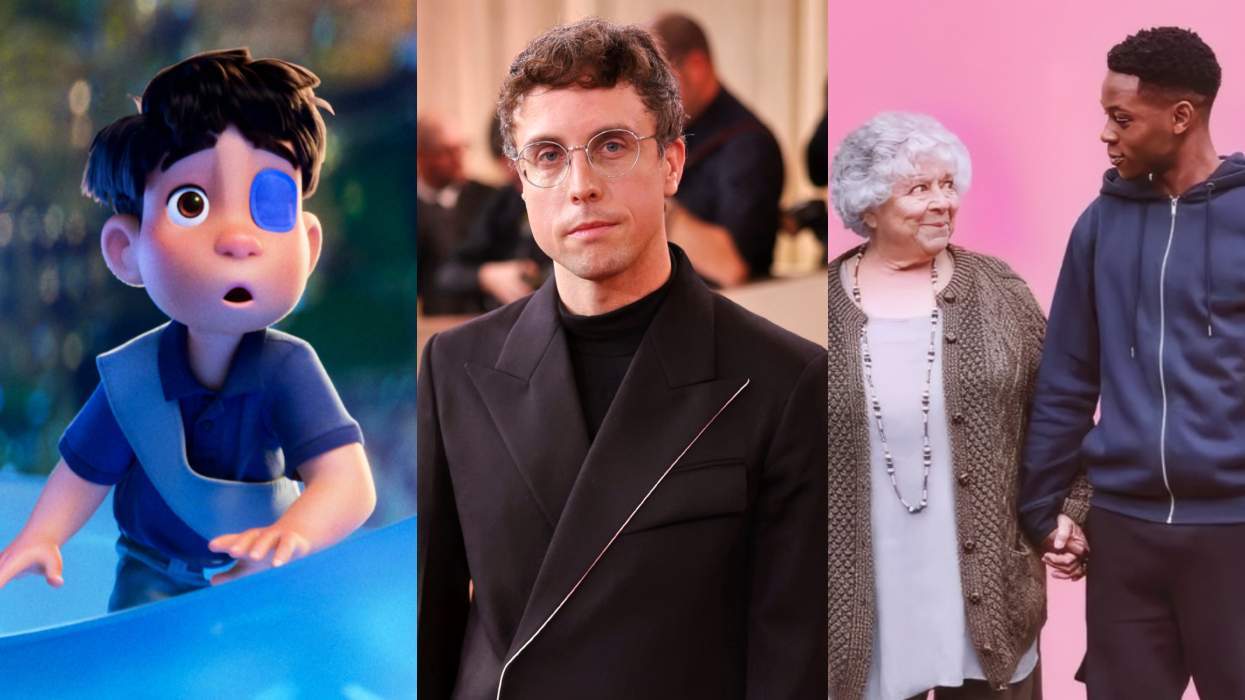
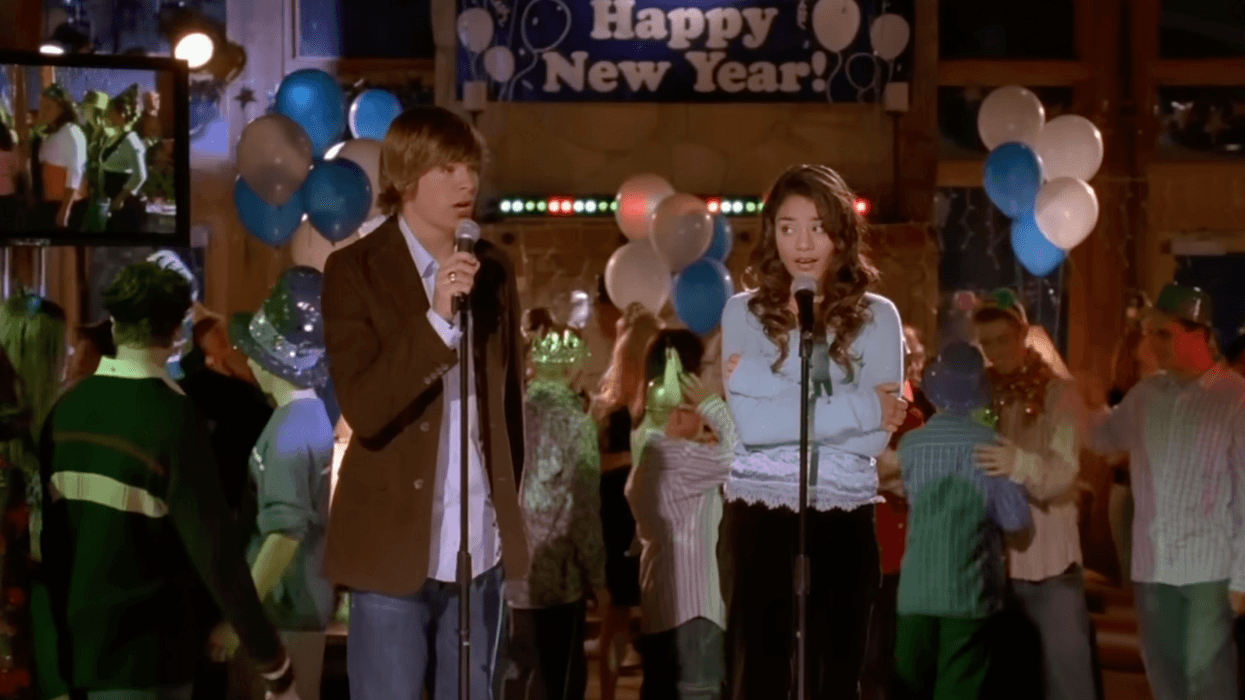
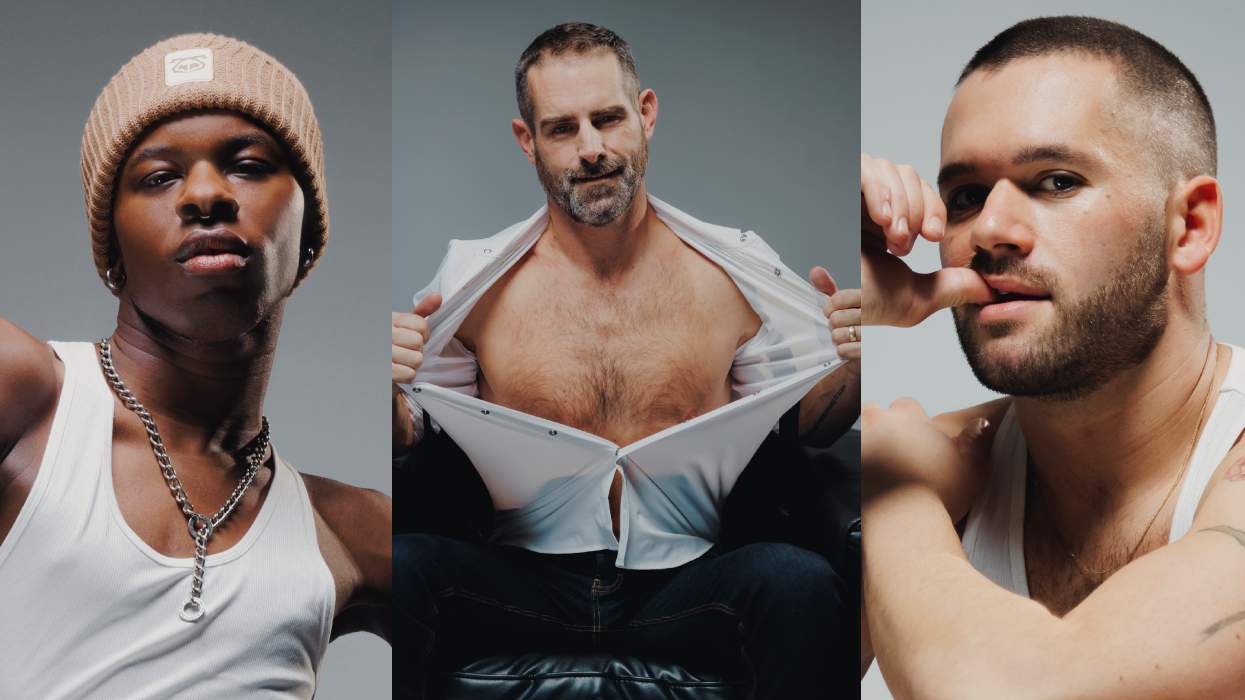
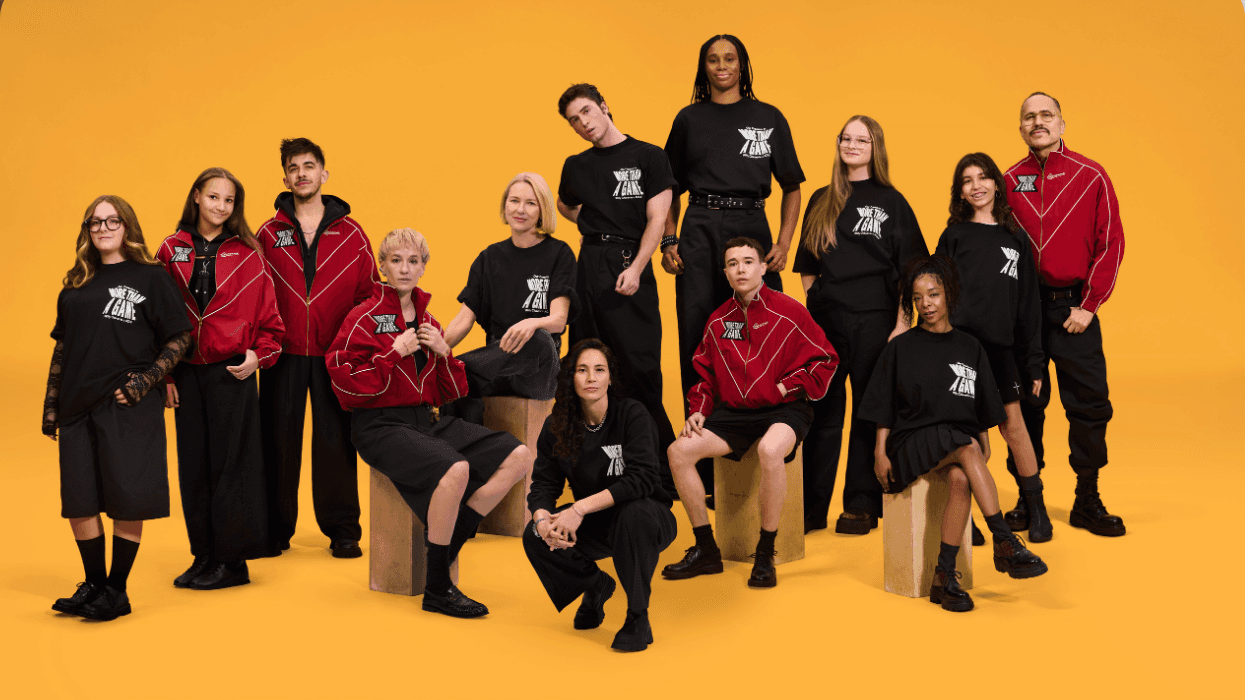
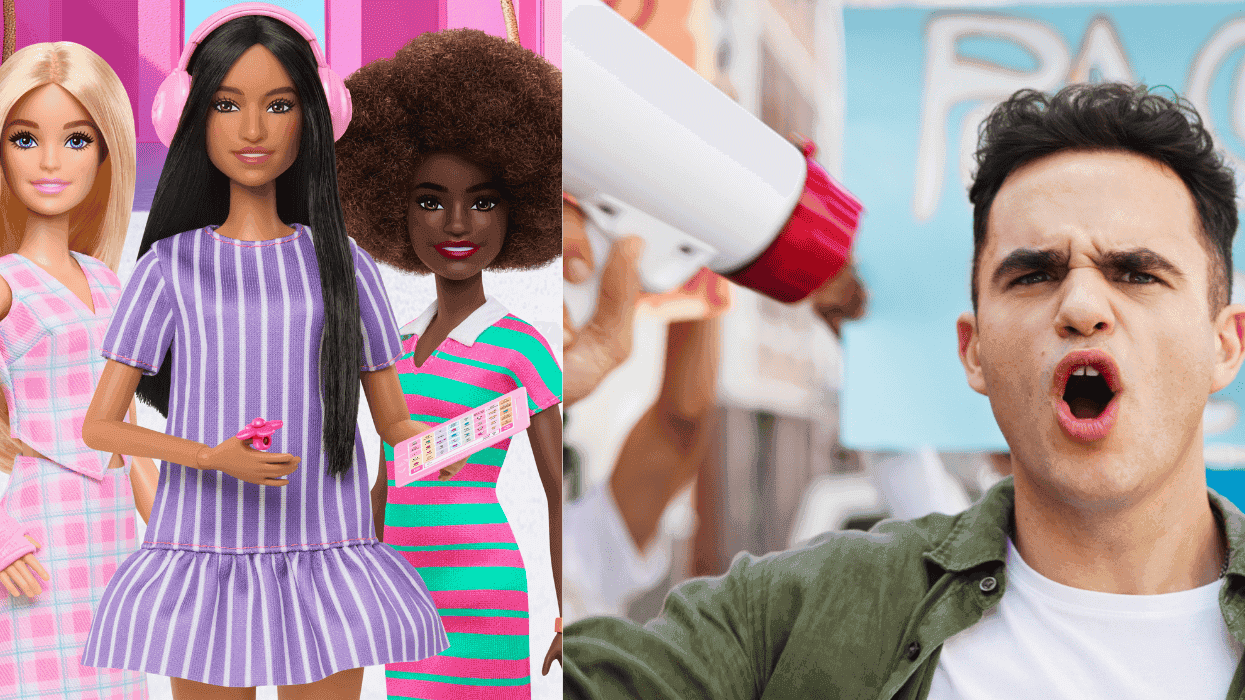
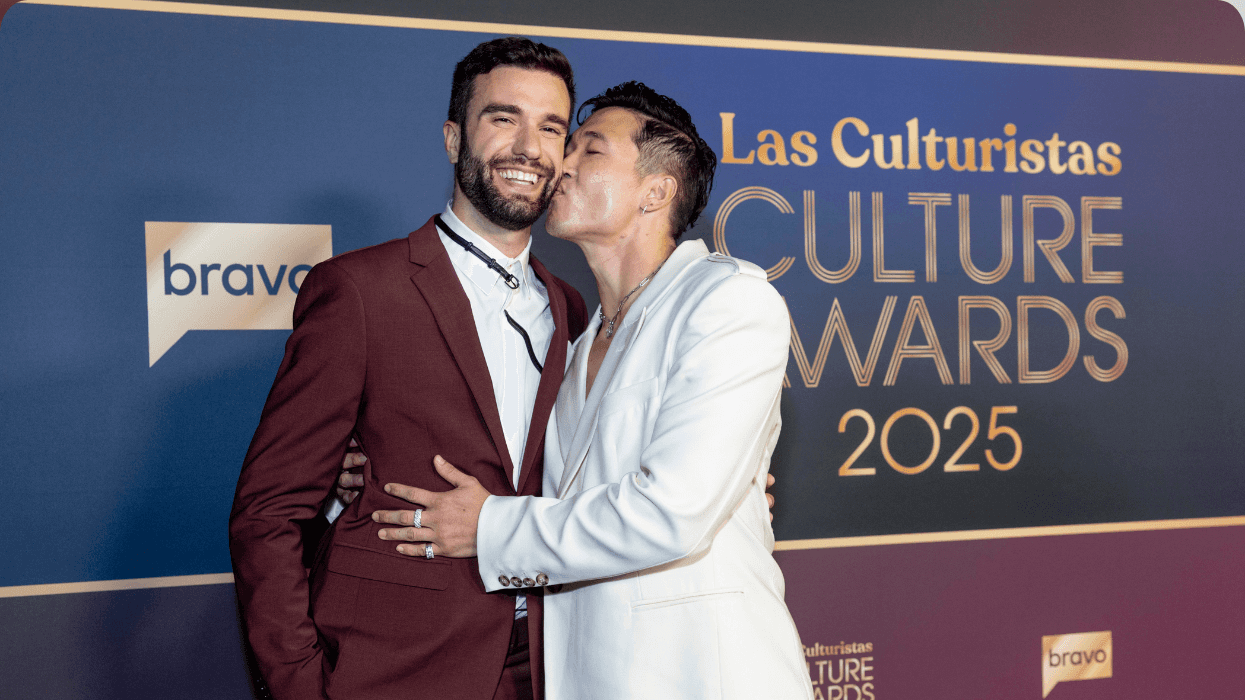
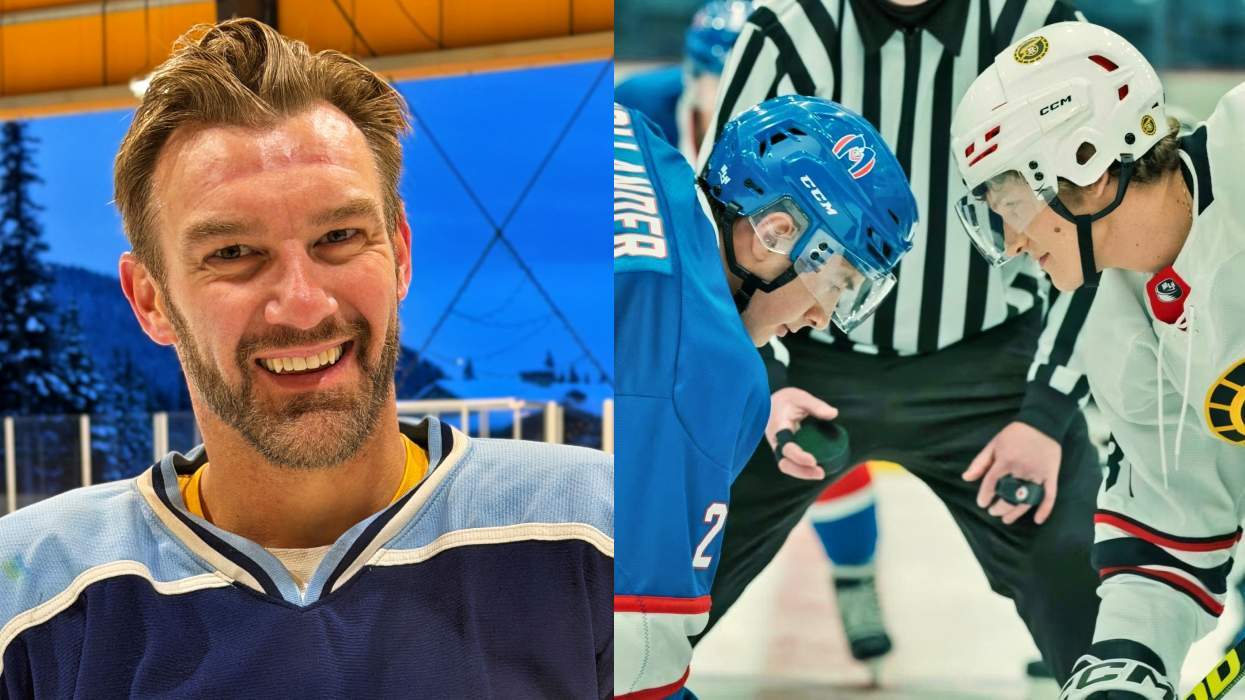
Jeffree Star slammed by Perez Hilton for ICE jokes
Jeffree Star at the 10 year anniversary celebration for Jeffree Star Cosmetics